Can Hamsters Eat Avocados?
Hamsters are beloved pets known for their small size and cute, furry appearance. As pet owners, it is your responsibility to ensure that your furry friends are provided with a nutritious and balanced diet. This raises the question: Can hamsters eat avocado?
The short is no.
Although avocados are a common food for humans, there has been some discussion regarding their safety for hamsters. To find out why hamsters cannot safely eat avocados, let us examine the available information in this article.
Understanding Hamster Nutritional Requirements
Before delving into specifics about hamsters and avocados, let’s grasp the dietary essentials for these small rodents.
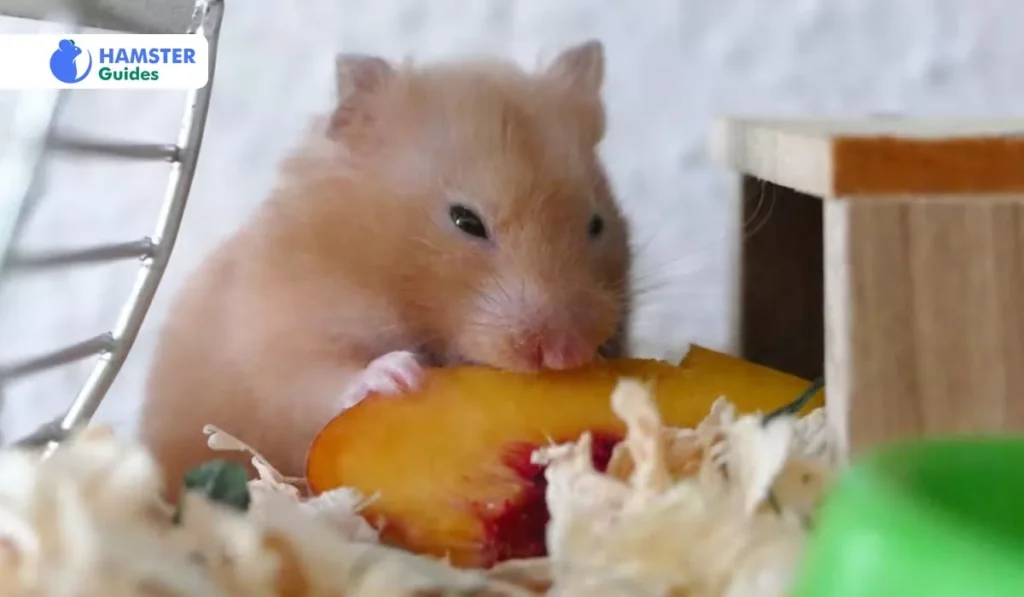
Hamsters, as omnivores, primarily thrive on plant-based foods, encompassing a balanced mix of fresh fruits, vegetables, specially crafted pellets, and occasional meat sources like mealworms.
Dietary Essentials for Hamsters
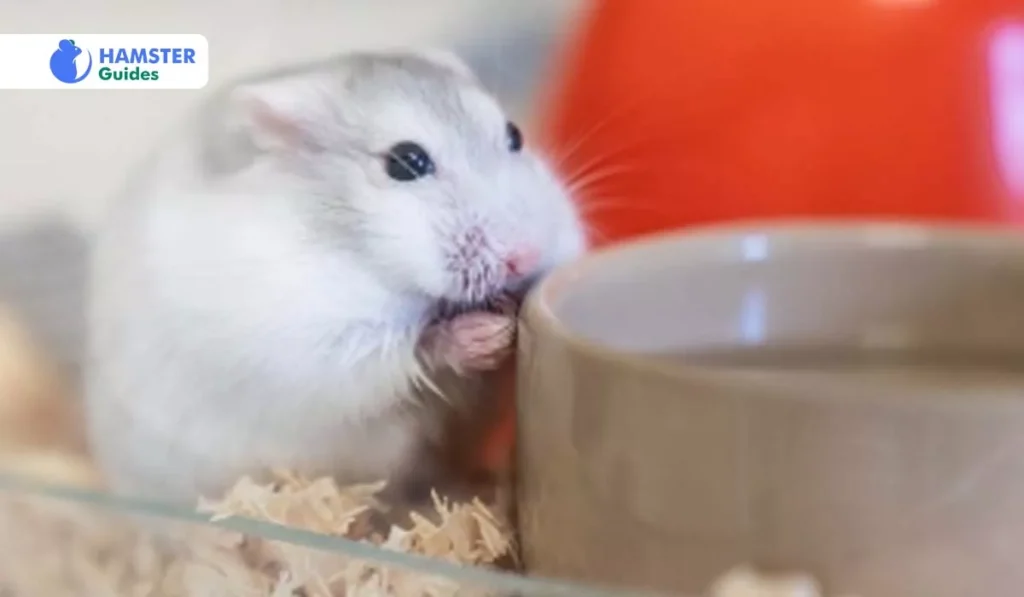
For optimal health, hamsters necessitate a diet rich in fiber, protein, and vitamins. Fiber maintains digestive health and staves off constipation, while protein fosters muscle growth and repair. Vitamins are integral for their overall well-being.
Evaluating Avocado’s Nutritional Value
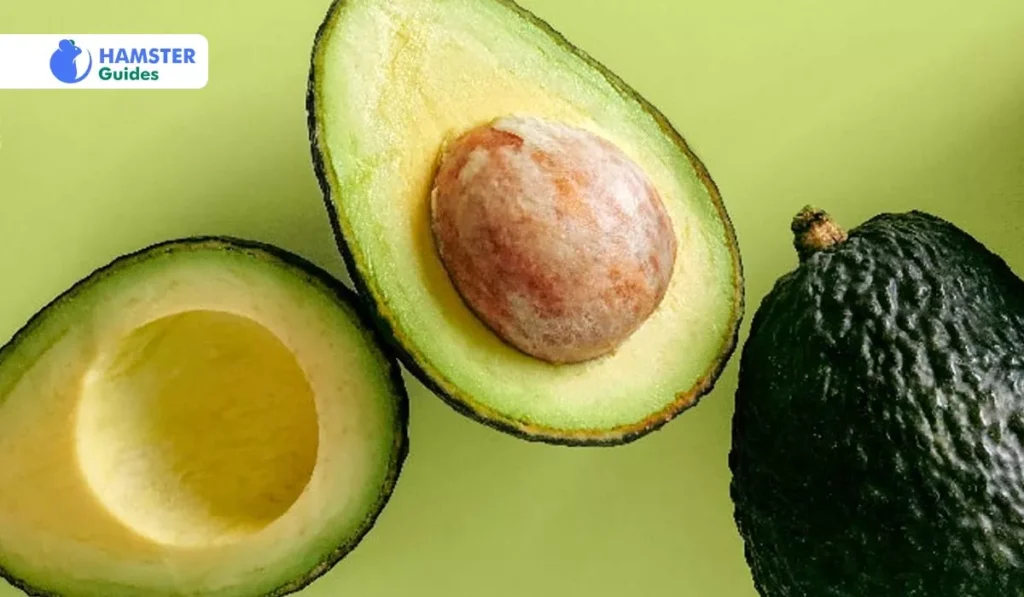
Avocados, revered for their creamy texture and distinctive flavor, are a culinary delight for many. Yet, can hamsters have avocado?
Avocados and Hamsters: A Cautionary Note
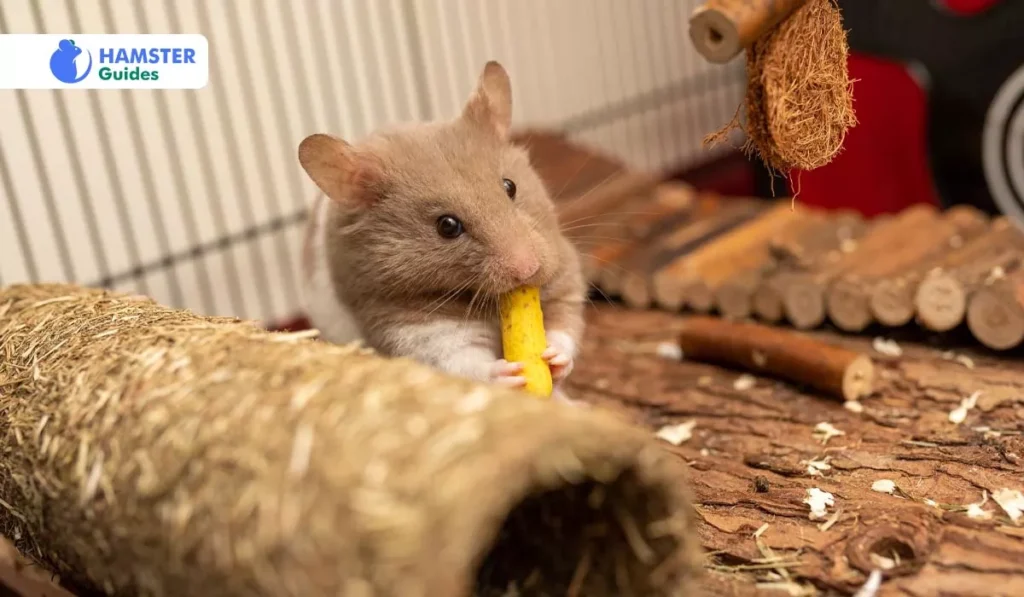
Despite being safe for human consumption, avocados pose serious risks for hamsters due to the presence of persin, a substance harmless to humans but toxic to small animals like hamsters.
Persin ingestion can result in digestive complications like diarrhea and vomiting, and, in severe instances, even lead to organ failure.
Embracing Tailored Nutrition
Prioritizing a diet tailored to meet the specific nutritional requisites of hamsters is paramount. These specialized diets ensure an ideal balance of essential nutrients, steering clear of all risks associated with human-friendly foods like avocado.
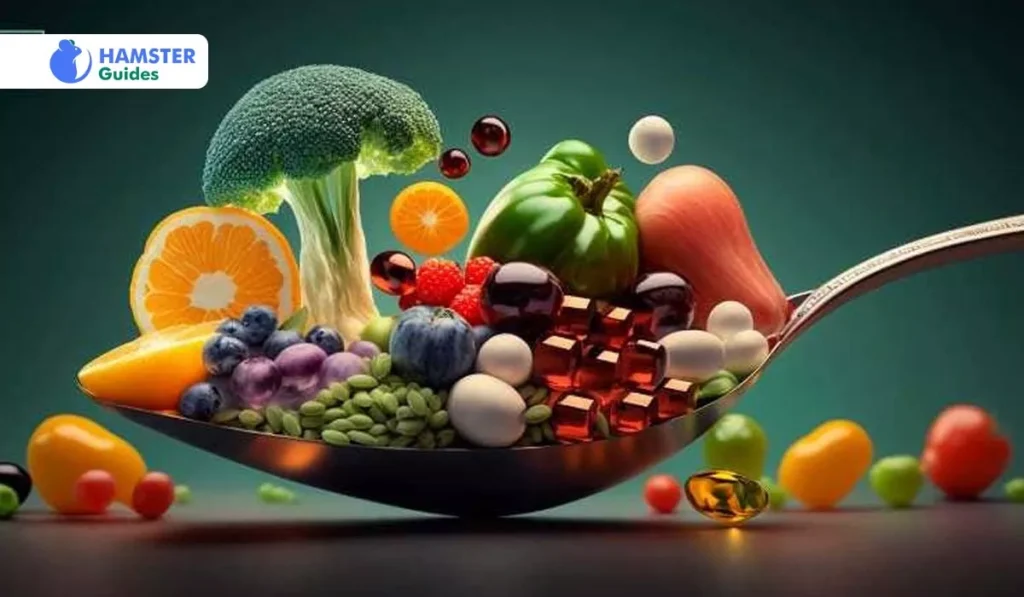
Sharing your favorite foods with your hamster may be tempting, but to protect their health, you must avoid dangerous foods and instead follow a diet specifically designed for them.
Key Nutrients in Avocados: Why They Don’t Matter for Hamsters
While avocado contains nutrients that benefit humans, Hamsters cannot safely consume them due to toxicity risks. The presence of persin and high fat content makes any nutritional benefits irrelevant for hamster health.
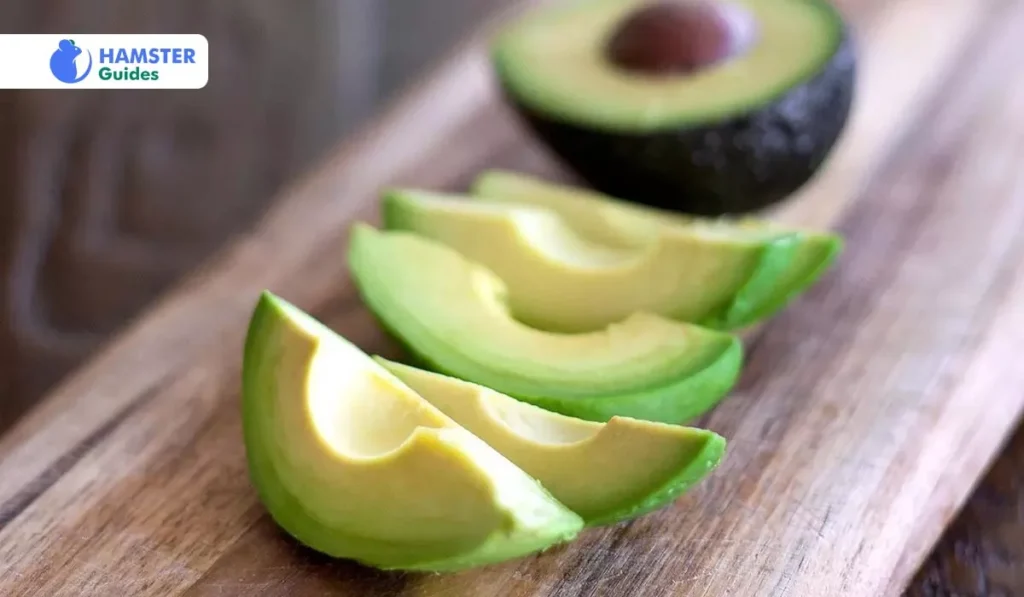
Rather than listing avocado benefits, it’s important to understand that hamsters, like humans, require a balanced diet to thrive. However, their diet must consist of food that is safe for their species. Avocados are not suitable for hamsters, regardless of their nutritional profile. The following nutrients that hamsters need should come from safe sources:
Vitamin C: An Immune System Defense
Hamsters need vitamin C from safe sources like bell peppers, broccoli, and a small amount of strawberries. These safe alternatives strengthen hamsters’ resistance to diseases and infections without the risks associated with avocados.
Vitamin E: A Protector Against Damage and Aging
Safe sources of vitamin E for hamsters include sunflower seeds and leafy greens. These alternatives act as antioxidants that support healthy cell membranes without toxicity risks.
Vitamin K: The Basis for Strong Bones
Hamsters can get vitamin K safely from leafy greens like spinach and broccoli. These safe foods support blood coagulation and healthy bones without the danger of persin.
Potassium: The Fluid Harmony Conductor
Safe potassium sources for hamsters include small pieces of banana and cucumber. These alternatives maintain fluid balance and support nerve and muscle function safely.
Magnesium: The Dynamo of Energy
Hamsters can obtain magnesium from their high-quality pellets and safe vegetables, like spinach. These sources provide support for energy metabolism without health risks.
Healthy Fats
While avocados contain healthy fats, hamsters should get their fat requirements from small amounts of unsalted sunflower seeds or their regular pellets. These provide adequate fat content without the toxicity and excessive fat levels found in avocados.
All nutritional needs can be met through safe alternatives-avocados are never necessary for hamster health.
Veterinary Care and Pet Health Concerns
Ensuring the well-being of your furry friend involves being vigilant about potential health hazards. Avocado toxicity stands as a major concern in the realm of small pet diets.
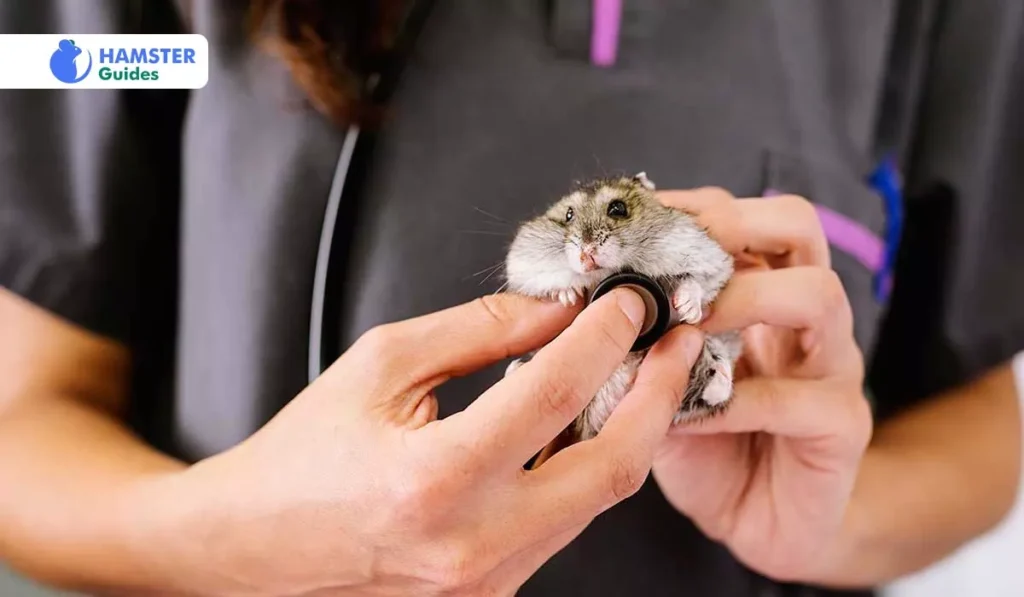
Understanding the nutritional balance critical to your pet’s digestive system health is fundamental. When considering pet food safety and treatment recommendations, it’s imperative to recognize that certain foods, like avocados, pose serious risks, making consultation with veterinary medicine experts vital.
In case of avocado poisoning emergencies, knowledge of animal poison control resources can be invaluable for prompt intervention and guidance. Maintaining a keen awareness of small pet diets and their specific needs remains pivotal for overall pet health.
Addressing Avocado Toxicity
Avocado toxicity, specifically of pets like hamsters, underscores the significance of complete avoidance. While avocados offer nutritional benefits for humans, they are dangerous for pets due to the presence of persin, necessitating total elimination from the diet rather than stringent monitoring of their diets and adherence to safe food choices.
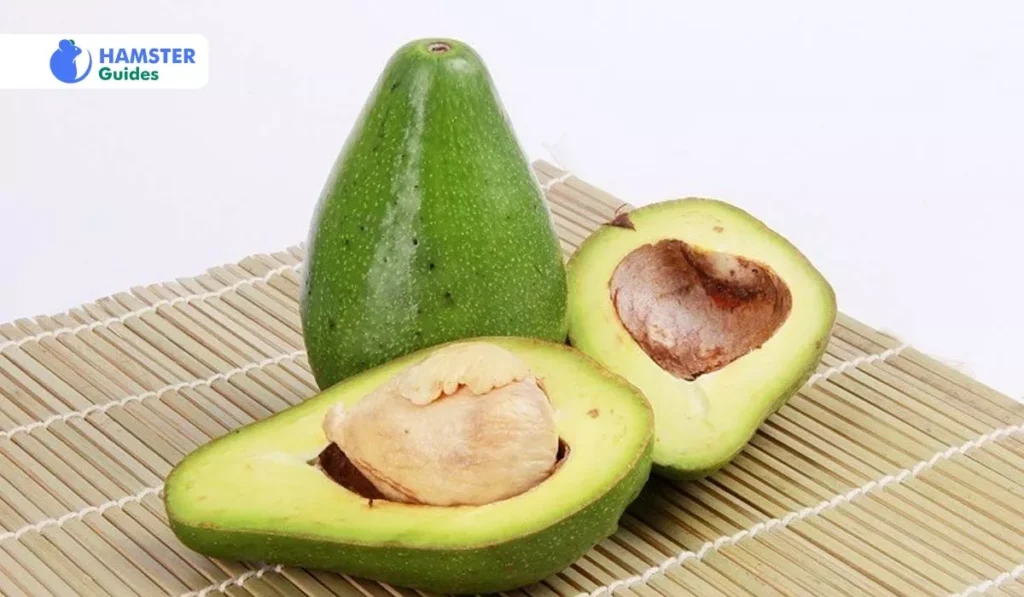
Seeking veterinary advice regarding avocado hazards and adopting appropriate preventive measures remains key to ensuring your pet’s safety and well-being.
Avocados’ Potential Health Risks for Hamsters
Instead of benefits, we must focus on risks. Avocado toxicity has become more widely recognized in recent years due to increased awareness of persin’s effects on small animals. The question “Are avocados edible to hamsters?” has a clear answer: absolutely not. The risks include digestive upset, breathing difficulties, heart problems, and potential organ failure.
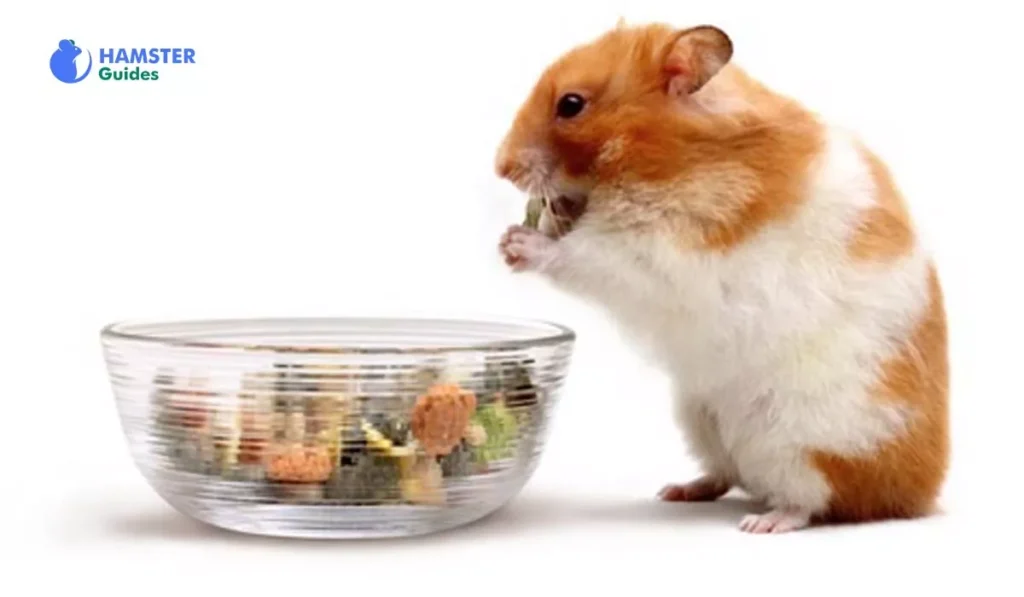
It is crucial to understand that avocados should never be any part of your hamster’s diet. Any feeding of avocados poses serious health risks to your pet.
Extra Advice: The suggestion to “add avocado to the usual food that your hamster eats” has been completely removed, as this could seriously harm or kill your hamster.
Is It Safe for Hamsters to Eat Avocados? Dietary Guidelines
The answer is definitely No. It is never safe for hamsters to eat avocados under any circumstances.
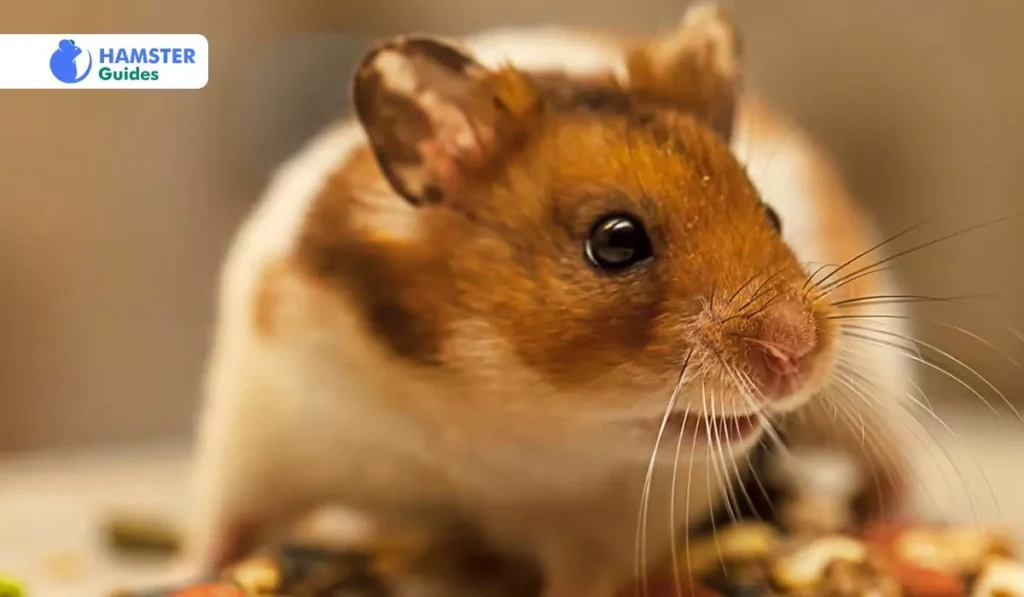
There is a clear veterinary consensus that avocados are dangerous for hamsters. All parts of the avocado, flesh, skin, pit, and leaves, contain persin, which is toxic to small animals like hamsters.
Persin will cause digestive problems and can lead to heart and lung problems in hamsters.
No hamsters should ever be fed avocados, regardless of anecdotal claims from some owners. The established toxicity makes avocados completely unsuitable for hamsters.
The Risks of Providing Avocados to Hamsters
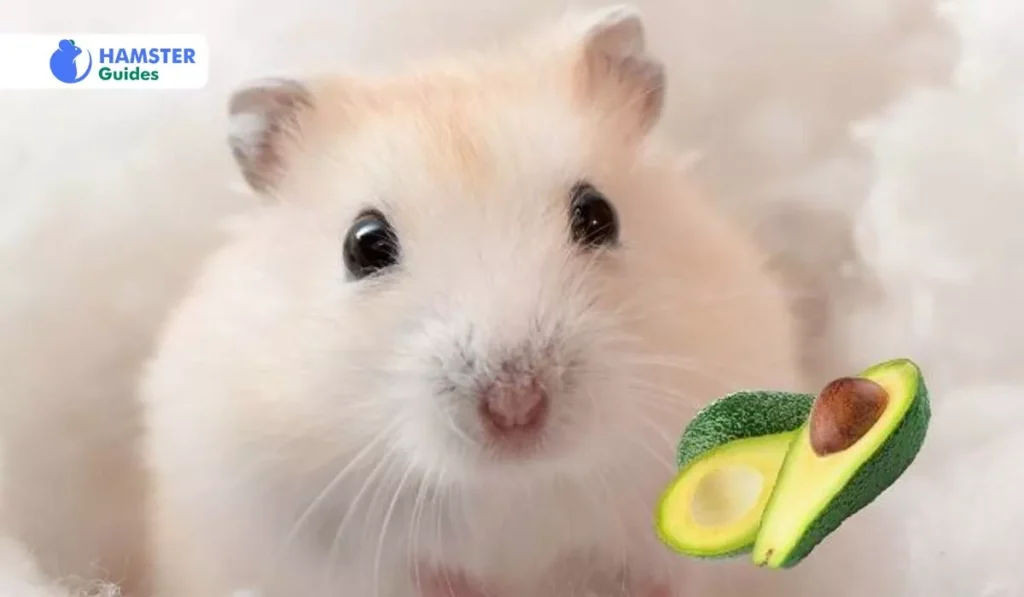
Because avocados contain persin, feeding them to hamsters will cause serious health hazards. They will likely have digestive problems that can be fatal to their health.
Avocados also include a very high-fat content in addition to persin, making them doubly dangerous for hamsters. Any consumption of avocado fats will lead to obesity and other health issues in these little animals.
Taking into consideration the severe dangers involved, it is essential to never feed your hamster avocados and instead choose safe alternatives.
Vet Care In The Avocado Safety Debate For Hamsters
There is no debate, veterinary consensus is clear that avocados are dangerous for hamsters. It’s essential to completely avoid offering them to pets. All parts of the avocado contain persin and are harmful.
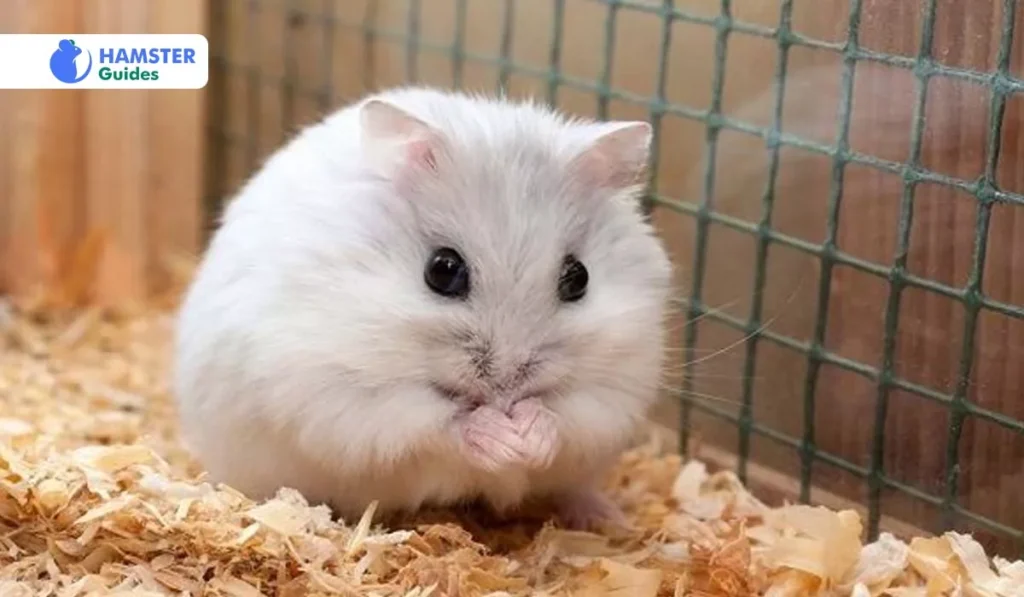
If your hamster accidentally consumes avocados, immediately monitor their health and look out for any signs of poisoning such as vomiting, diarrhea, or lethargic behaviour. Contact your veterinarian immediately and consider this a medical emergency.
How to Keep Your Hamster Safe From Avocados? Risk Assessment and Preventive Steps
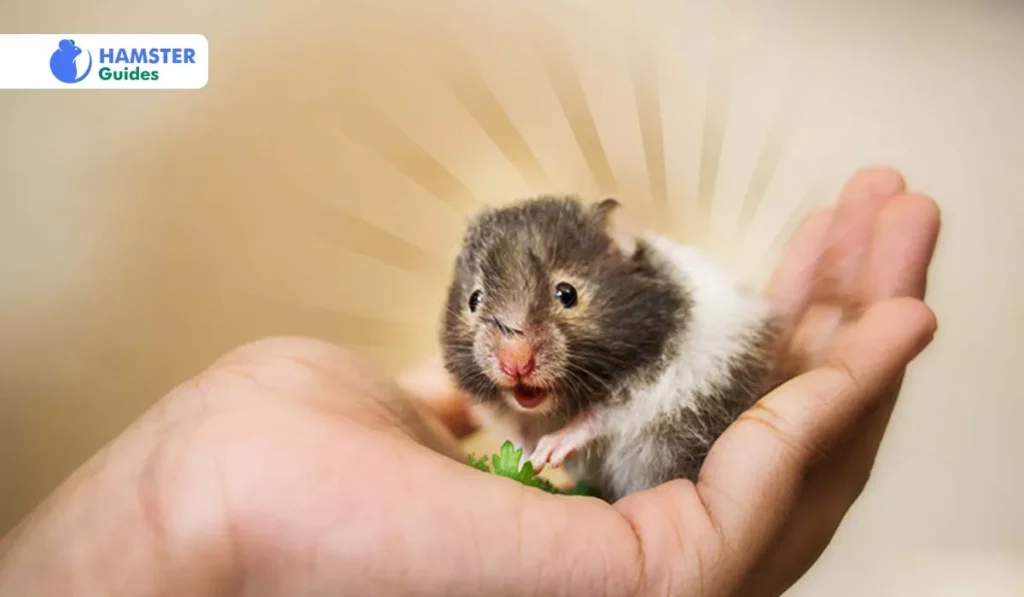
Instead of feeding instructions, here are safety measures.
Types Of Avocado and Hamster Safety
All avocado varieties are unsafe for hamsters due to persin content:
| Avocado Variety | Suitability for Hamsters |
| Hass Avocado | TOXIC-Never feed to hamsters |
| Fuerte Avocado | TOXIC-Never feed to hamsters |
| Bacon Avocado | TOXIC-Never feed to hamsters |
| Zutano Avocado | TOXIC-Never feed to hamsters |
| Reed Avocado | TOXIC-Never feed to hamsters |
Extra Advice: The suggestion to “give your hamster an avocado when they behave well” has been removed as this could seriously harm your pet.
Avocado Substitutes: Safe Dietary Alternatives for Hamsters
Since all avocados are toxic to hamsters, here are safe and healthy alternatives. Remember that fresh foods should only comprise about 10% of your hamster’s diet.
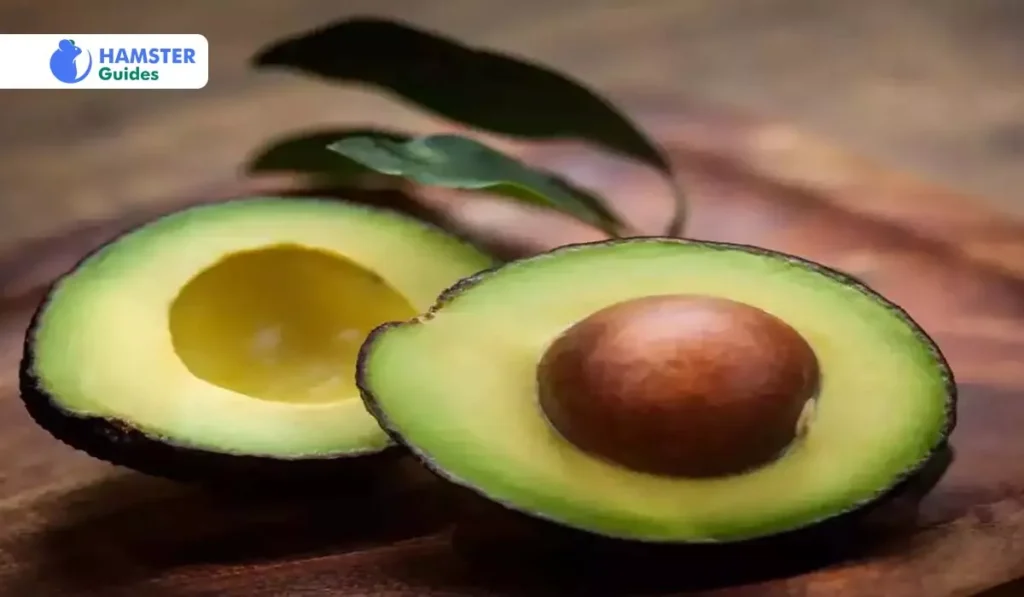
Fruits that Are Safe for Hamsters
Here are some safe fruits you may give your hamster in very small amounts: small pieces of apples, bananas, melons, blueberries, and strawberries. Always remove any seeds, pits, or cores before offering to your hamster since they can be dangerous.
Vegetables That Your Hamster Will Love
Carrots, cucumbers, spinach, broccoli, and bell peppers are safe vegetables that hamsters can enjoy. These vegetables provide essential nutrients and minerals that support the overall well-being of the hamster.
In addition, it is essential to provide high-quality pellets as the foundation of your hamster’s diet in order to ensure that they are receiving a complete and balanced nutrition. These pellets guarantee that your hamster gets the proper amounts of all necessary nutrients.
The Last Words
Because avocados contain persin and dangerously high fat content, it is absolutely essential to never give avocados to hamsters. All hamsters will be at risk if they consume avocados, the serious health risks far outweigh any imagined benefits.
Instead, focus on providing your hamster with a diverse and well-balanced diet that includes safe fruits and vegetables, high-quality pellets and fresh water. You can guarantee your beloved friend’s happiness and good health by avoiding dangerous foods like avocados and sticking to proven safe options
Finally, hamsters have specific dietary requirements that must be addressed with a well-balanced diet that includes small amount of fresh fruits and vegetables, as well as specially made pellets as their primary nutrition source. Despite being a healthy food for humans, avocados contain persin, and excessive fat, which makes them dangerous and potentially fatal for hamsters. Before adding any new items to your hamster’s diet it’s always crucial to consult with a veterinarian and research from reliable veterinary sources.

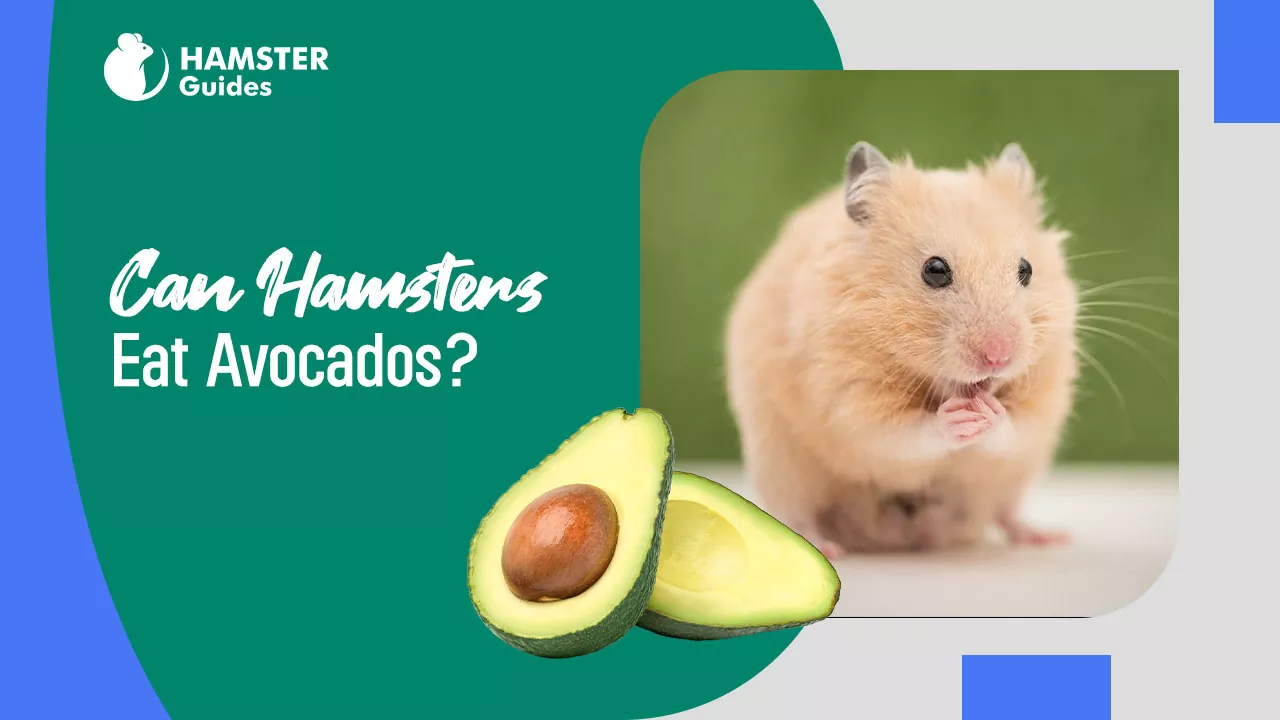







Leave a Reply